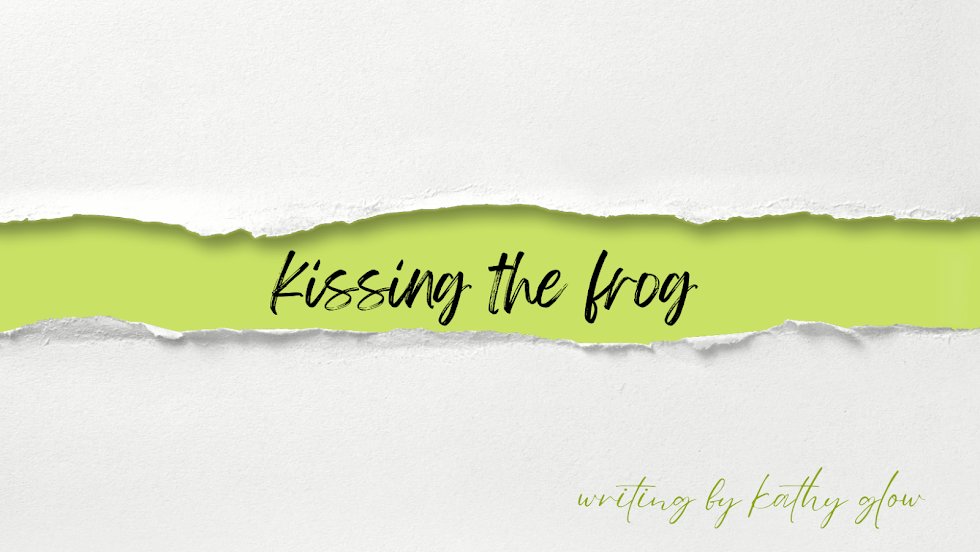When you’re 16 years old, fathers can be such a royal pain! They talk to you when you don’t feel like talking, crack stupid jokes and expect you to laugh, and embarrass you in front of your friends. Sometimes you wish they would just disappear! My father did, and my life after that was changed forever.
When I was a
little girl, I adored my Dad and thought he was the handsomest man in the whole
world. He was a farmer; and I proudly
walked alongside him wearing my bib overalls and straw hat, struggling to keep
up with his quick pace as I swung my little silver pails which were miniatures
of the larger ones he often carried in each hand. I loved it when I could bounce along the
country roads with him on his big tractor.
At night after the workday was done, he often would sit in his chair and
beg me to pull his boots off for him. He
thought it was great fun to curl up his toes and then release them at the very
point where I was tugging the hardest, at which time I would go scooting across
the floor, boot in hand. You should have
heard him roar at my less than graceful pose.
He delighted in giving me a “whisker rub” with his several-days-old
stubble.
Then the day
came when I thought bib overalls and straw hats looked dumb. I no longer wanted to ride on the tractor; I
preferred, instead, to be escorted in the family car. “Pull off your own boots, Dad,” I would
say. “Stop it Dad; your whiskers hurt,”
I would shout. I had become a teenager, and
my father--in my mind--had become a total
idiot.
In the spring of my junior year in high school, Dad began to sleep a lot. He no longer had much interest in anything. He lost weight and began to get horrible nosebleeds. Clearly, something was very, very wrong, but he refused to see a doctor. One day he came to me and said: “Sis, I’m going to die.” I wheeled around and turned on him in my snotty teenage way and shouted: “Well, if you won’t go to the doctor, you deserve to die!” And I stormed out of the room. Shortly after, he did see a doctor, perhaps because the time had come when he had no other choice.
A few days
later, as Mom and I were riding home from school in the car, she broke the news
to me. The words she spoke bounced off
my brain like an electric shock: Kidney
disease. Nothing the doctors can
do. He only has a short time left.
Stunned for
a moment, I finally managed to ask my Mom:
“What are we going to do?” “We’re
going to be strong for him,” she replied. “I told him he deserved to die,” I
thought. “I didn’t mean it—I
didn’t! I just wanted him see a doctor
and get better.” For the first time in
my short life, the realization that there are some things a doctor just can’t
fix hit me like a wall of bricks. In the
days that followed, there were so many things I wanted to say to my Dad; but
every time I tried, my emotions would get the best of me and I would have to
run out of the room. Because, after all,
I had to be strong for him as Mom had said; and I couldn’t let him see me cry.
The last
words my Dad ever said to me before he was transported to the hospital for the
final time were: “Goodbye,
Sweetheart.” He lapsed into a coma
shortly after arriving at the hospital and never regained consciousness. And the one thing I never said to my Dad
before he passed away has haunted me ever since.
When you’re
16 years old, fathers can be such a royal pain!
But whether you’re 16 or 60, if today you still have a dad who’s talking
to you when you don’t feel like talking—talk to him! If he cracks stupid jokes and expects you to
laugh—laugh with him! If he
embarrasses you in front of your friends—smile sweetly at him! You’re one of the lucky ones. Go to him—right now—and tell him you think
so. And don’t forget to hug him and say
“I
love you, Dad.” And if by chance
the tears should start to flow—let them flow!
Fifty-one
years after the death of my father, as I’m editing this piece for Kathy, the
tears are flowing. The difference is
that now I know a true measure of strength often is found not in stifling your
emotions but in being able to show them.
It’s okay to cry!
